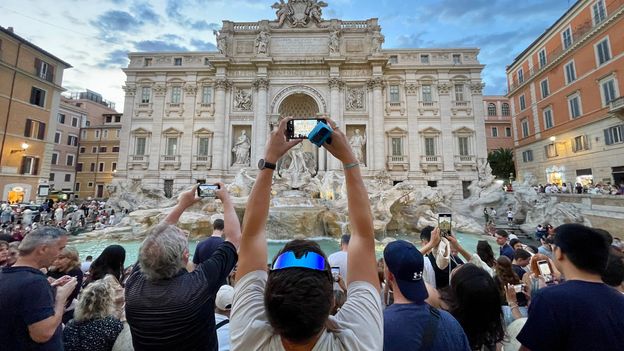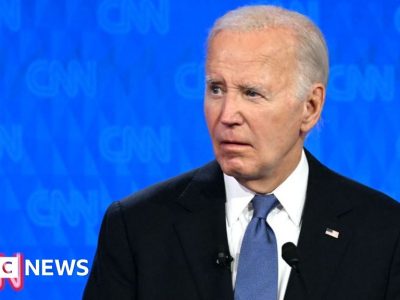In your book’s introduction you nailed it: many of us are uncomfortable with being labelled a tourist as it’s often associated with narrow-mindedness and clichéd, mass-market experiences. Yet you remind us that we are all tourists when we venture away from home. Why do you think it’s important we accept this label?
There’s so much stigma around the word “tourist” or around the idea of tourism, and I don’t think it’s helpful at all. When we think the tourists are over there and I’m over here, that distance doesn’t invite any sort of self-reflection. It’s way too easy to point the finger at those people “over there” who are causing the problems that we read about in the headlines. Whereas if we actually incorporate this identity of the tourist, to some extent, into our own identities, then we implicate ourselves, right?
We are tourists, and I hope the book will give people an appreciation for what a powerful and important phenomenon tourism is. It’s not something that we should look down our noses at – tourism is important. And like any powerful force it can do a lot of good. And it can do a lot of bad. So if we acknowledge the fact that we’re part of this huge force, then suddenly we get our power back and we become agents of change within that force of tourism.
If we think, no, I’m a traveller, and those people are tourists, then nothing is going to change in tourism because no one will feel implicated. We need to elevate our expectations of what it means to be a tourist. And in doing so, we can actually change the way this phenomenon works and the impact it has in the world.
You tackle last-chance tourism in one of your chapters and argue the managers of last-chance tourist sites, such as the Mer de Glace glacier in the French Alps, bear a responsibility to educate their captive audience. Tourists are ramping up their carbon emissions traveling to see these disappearing places threatened by climate change, but you suggest there’s an opportunity to make these experiences more meaningful. How so?
Researchers on this topic of last-chance tourism are digging into visitors’ intentions to change their behaviour after they visit these sites. While researching that chapter, I saw some early evidence that a visit to a disappearing glacier, if it’s done under the right conditions, can inspire people to at least say (in a survey) that they want to be more environmentally friendly in their everyday actions and choices in the future.










